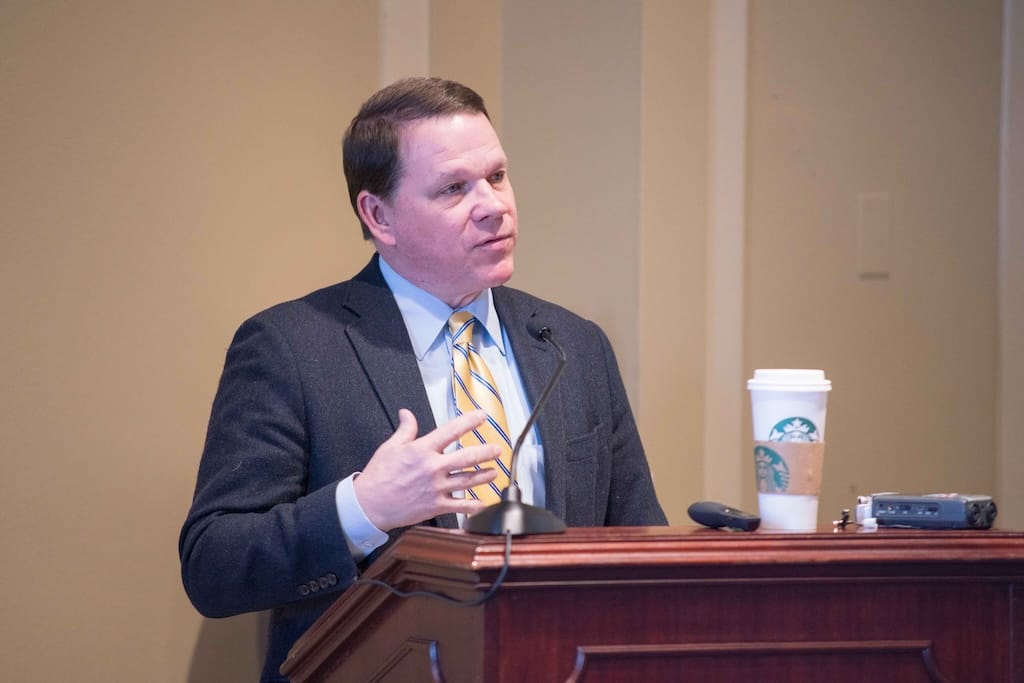House Passes Bill to Fund Broadband in Economically Distressed Areas
The bill is aimed at making Economic Development Administration grants more accessible for broadband projects.
Jake Neenan

WASHINGTON, March 18, 2024 – The House of Representatives passed on March 12 a bill that would make it easier for Economic Development Administration grants to fund broadband projects in economically distressed areas.
The Eliminating Barriers to Rural Internet Development Grant Eligibility Act, or E-BRIDGE Act, would allow the EDA to award grants for broadband projects to public-private partnerships and consortia.

That’s an effort to make last-mile builds, which can be especially complex and expensive in rural areas, more feasible for local governments to complete with EDA grant money. The Commerce Department agency is already able to fund broadband infrastructure and planning projects in low-income and underemployed communities, but the bill aims to lower barriers that would prevent those communities from pursuing grants.
The E-BRIDGE Act would also amend the Economic Development Act to add a section pertaining specifically to high-speed broadband deployment and laying out more flexible procurement and matching fund requirements that allow local governments to use in-kind donations to satisfy the latter provision. EDA grants generally require at least 20 percent of a project’s cost to come from recipients.
The Infrastructure, Investment and Jobs Act’s $42.5-billion Broadband Equity, Access and Deployment program, handled by a separate Commerce Department agency, takes a similar tack for its matching requirement. The program will ultimately award grants to providers looking to expand infrastructure, although local governments are eligible, and those subgrantees will have to match 25 percent of their award. BEAD participants can put in-kind donations like equipment and rights-of-way toward that total.
Advocates have flagged that requirement as being a heavy lift for smaller providers.
Transportation and Infrastructure Committee Chairman Sam Graves, R-Missouri, re-introduced the bill in March 2023. A version of the same bill passed the House in 2021 but stalled in the Senate.
“Unfortunately, too many of our communities, particularly in rural America, still lack broadband access. In some cases, just completing that ‘last mile’ is what stands in the way of connecting people to a job they need,” Graves said in a statement.
The act will now head to the Senate for consideration.










